Ever since Donald Trump returned to power, pundits have struggled to find apt analogies for his style of governance. Some liken his loyalty demands, patronage networks and intimidation tactics to the methods of a mafia don. Others cast him as a feudal overlord, operating a personality cult rooted in charisma and bound by oaths, rewards and threats rather than laws and institutions. A growing number of artists and AI creatives are depicting him as a Viking warrior. And of course, fierce debates continue over whether the moment has arrived for serious comparisons with fascist regimes.
While some of these analogies may offer a degree of insight, they are fundamentally limited by their Eurocentrism – as if 21st-century US politics must still be interpreted solely through the lens of old-world history. If we truly want to understand what is unfolding, we must move beyond Scandinavian sagas and Sicilian crime lore.
I’ve found it increasingly difficult not to see striking parallels between recent events in the US and the rise of cold war-era dictatorships in Africa. It began with Trump’s renaming of the Gulf of Mexico and Denali, which recalled how Mobutu Sese Seko, on a personal whim, changed Congo into Zaire in 1971. Geographical renaming has been extensive in Africa because of its history of colonialism, but now the US has started changing names too.
Trump’s deployment of national guard troops and marines to Los Angeles after protests over immigration raids also echoed Mobutu’s preferred method for dealing with civil unrest: presidential guards patrolling the streets to crush protests. The blunt use of military force to suppress domestic opposition is a tactic associated with figures such as Idi Amin in Uganda, Robert Mugabe in Zimbabwe and Paul Biya in Cameroon – albeit with deadlier consequences.
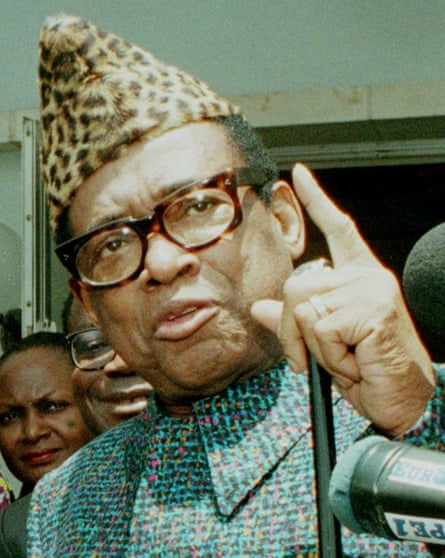
Trump’s aggressive deportation of undocumented Latino workers also resembles Amin’s 1972 expulsion of Uganda’s Asian minority. Amin framed it as a way to return economic power to “the ordinary Ugandan”, but it led to financial ruin. The embrace of bizarre, theatrical economic measures that look great on television but wreak havoc in practice is another striking parallel. Trump’s tariffs, announced with patriotic fanfare on “liberation day”, evoke Mugabe’s grandiose land reforms of the 1980s, which hastened Zimbabwe’s collapse.
Anti-intellectualism, egomania and delusions of grandeur were hallmarks of dictatorships in Africa. Ivory Coast’s Félix Houphouët-Boigny built a replica of St Peter’s Basilica in his home town. Jean-Bédel Bokassa crowned himself “emperor” of Central African Republic. “Marshal” Mobutu ensured that Concorde could land in his native village. A similar extravaganza of ambition has reached the US, with Trump accepting a luxury Boeing 747 from Qatar and hoping his face will be carved into Mount Rushmore beside George Washington, Thomas Jefferson, Theodore Roosevelt and Abraham Lincoln.
The army parade in Washington on the day the US military turned 250 and Trump turned 79 was another moment of self-aggrandising narcissism. A populist personality cult and masculine pride often go hand in hand with deep paranoia and contempt. Trump’s relentless war on academia and the free press fits squarely within this tradition. In Equatorial Guinea, President Francisco Macías Nguema outlawed the word “intellectual” and prosecuted academics. Amin terrorised universities to the point of brain-drain.
At first glance, viewing Trump as a westernised version of one of Africa’s dictators may seem jarring. After all, his interest in the continent appears limited to its natural resources, not its political models. The trade tariffs and travel bans he recently unleashed have hit several African countries hard, and his cruel withdrawal of aid hardly suggests admiration for anything African.
What’s more, Trump has never set foot on African soil and reportedly dismissed the continent as a cluster of “shithole countries”. Only when a raw materials deal is in sight does he spring into life, such as last week when a “peace deal” between the Democratic Republic of the Congo and Rwanda was signed at the White House. “We’re getting, for the United States, a lot of the mineral rights from the Congo as part of it,” Trump said.
But once the comparison between Trump and a cold war dictator is made, it becomes hard to unsee. And it shouldn’t surprise us. The postcolonial dictator was, to a significant degree, an American creation. Sooner or later, it had to come home.
The US supported repressive regimes unconditionally during the cold war, viewing them as bulwarks against communism – not just in Africa, but in Asia and Latin America. Dictators such as Ferdinand Marcos in the Philippines, Suharto in Indonesia, Augusto Pinochet in Chile and Jorge Rafaél Videla in Argentina remained in power for decades thanks to US backing. When the Soviet Union collapsed, the US abruptly abandoned these allies and championed the gospel of democratisation. Though the 1990s were rich in rhetoric about human rights, good governance and the rule of law, on the ground the spectre of autocracy never vanished entirely.
We’re now witnessing a startling reversal. With the demise of USAID and its retreat from a role promoting global democracy, it’s not only that the US has turned its back on democratising countries in Africa and elsewhere – but that it has begun to imitate some of the worst historical examples of authoritarian rule.
Viewing Trump’s regime through the lens of cold war-era autocracies in postcolonial states offers a framework that is both alarming and oddly reassuring.
If there is one enduring lesson from the history of autocracy in Africa, it is this: things can turn ugly, fast. Cold war dictatorships were ruthless, bloody and often ended in chaos and state collapse. Yet their histories also show that when courts are neutered and legislatures reduced to rubber stamps, civil society, independent media and the moral force of religious and academic institutions can emerge as the last formidable strongholds against tyranny. After all, sooner or later, dictators die, whereas collective efforts remain.
-
David Van Reybrouck is philosopher laureate for the Netherlands and Flanders. His books include Congo: The Epic History of a People and Revolusi: Indonesia and the Birth of the Modern World

 German (DE)
German (DE)  English (US)
English (US)  Spanish (ES)
Spanish (ES)  French (FR)
French (FR)  Hindi (IN)
Hindi (IN)  Italian (IT)
Italian (IT)  Russian (RU)
Russian (RU)  5 hours ago
5 hours ago



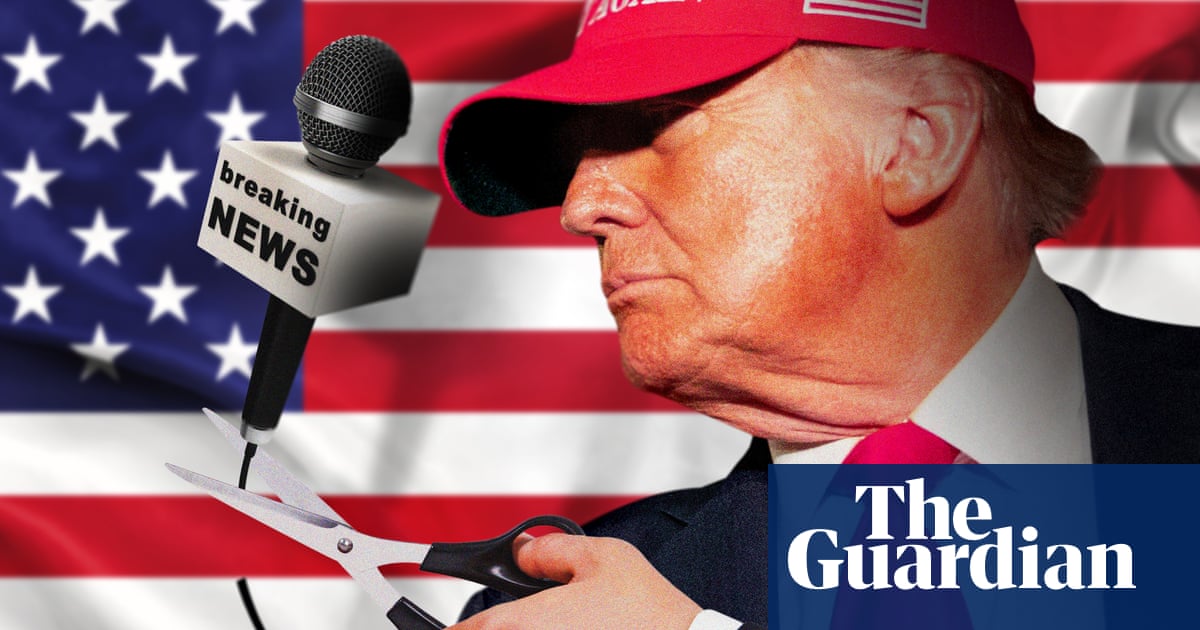


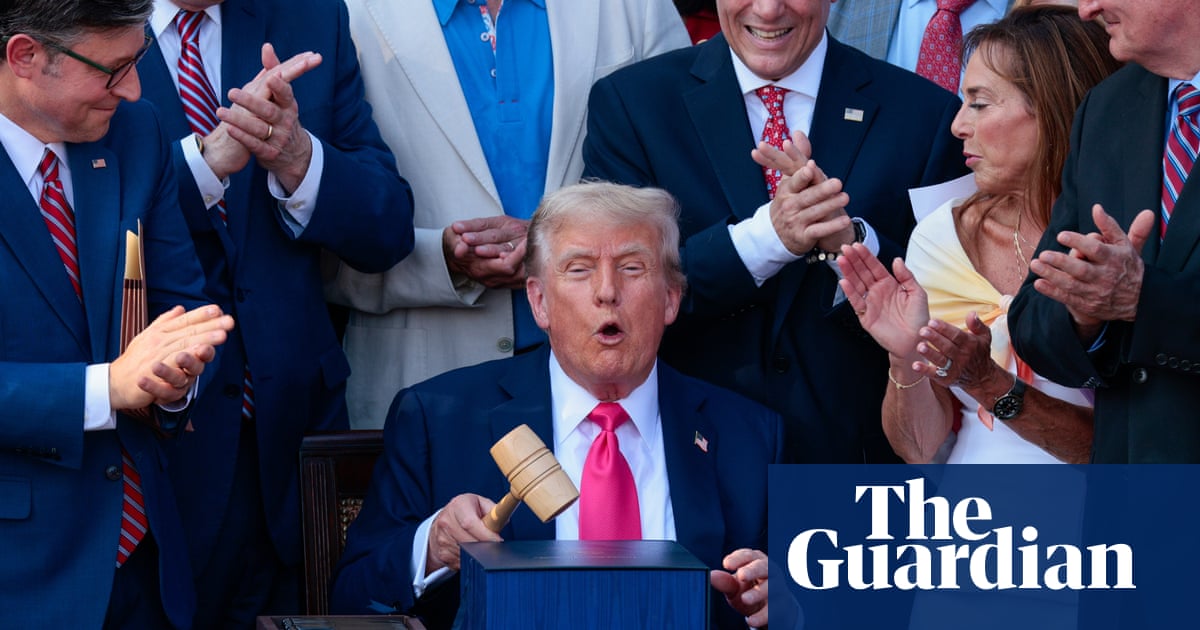








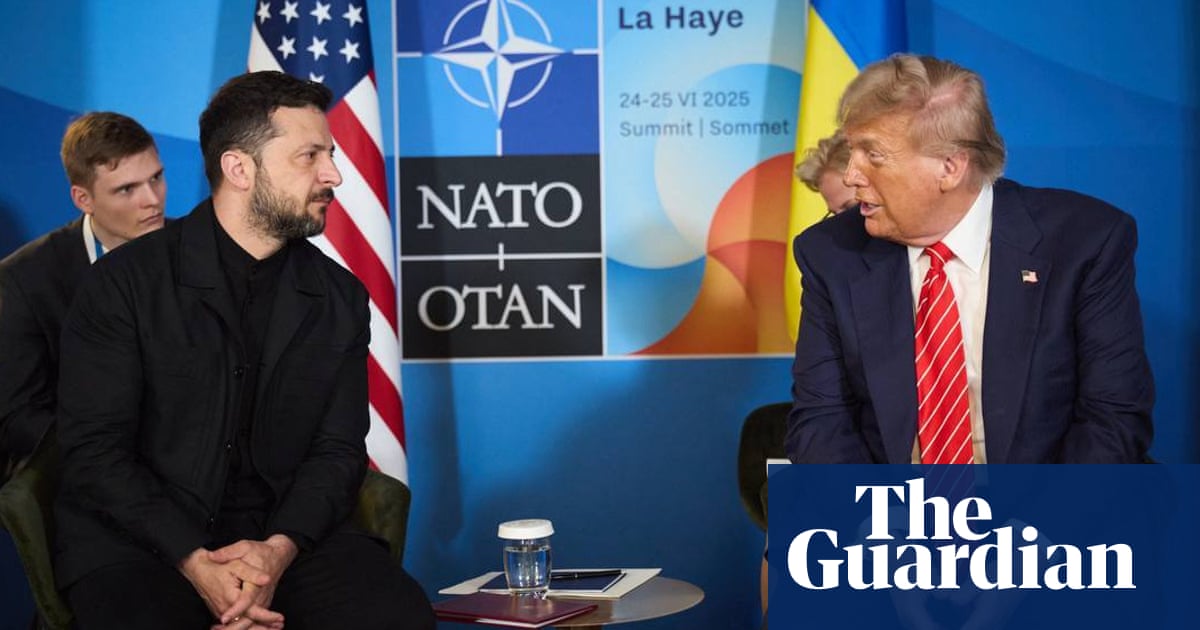




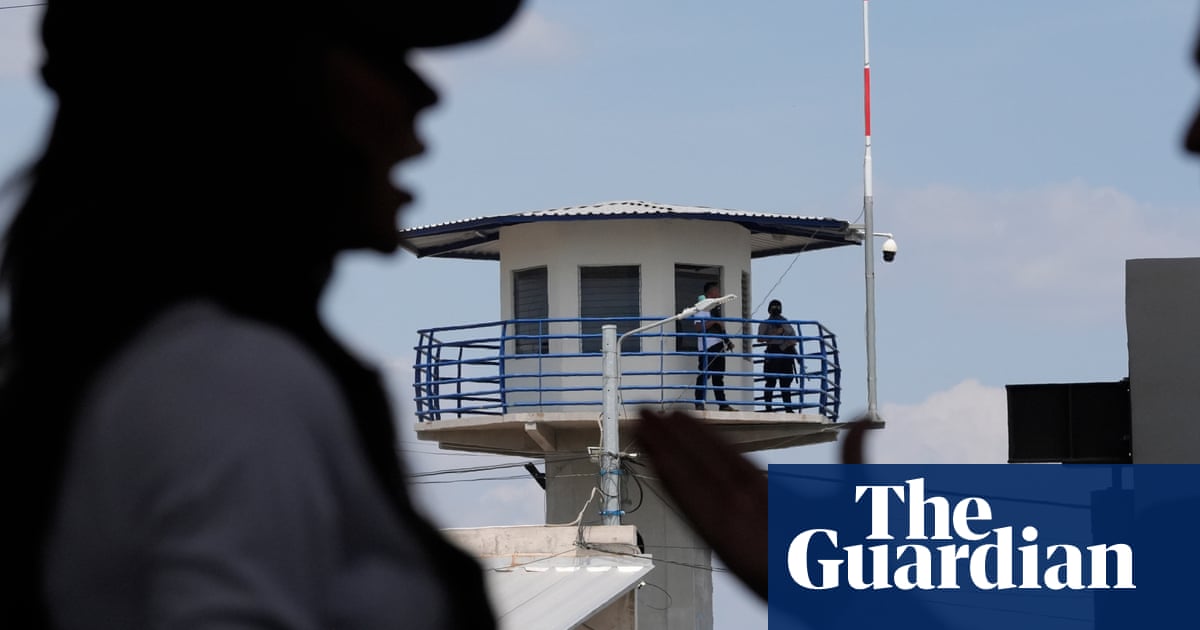



Comments